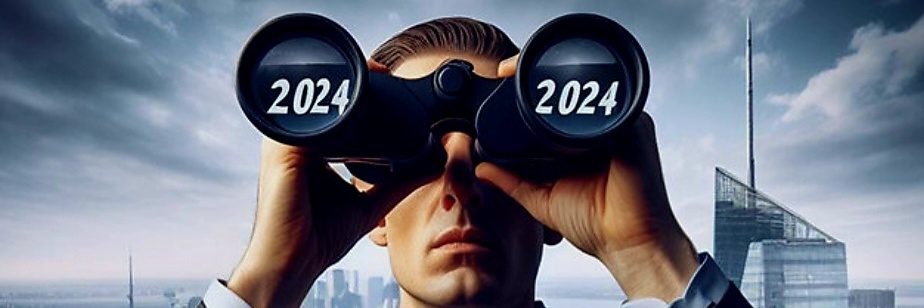Biden Voters are the Dumbest People on Planet Earth
1. Government-imposed price controls create scarcity and a vicious cycle of poverty and dependence on government. So naturally, Kamala Harris likes them.
2. Prices are high because government spends too much money, printing more money to cover shortfalls. But printing more money reduces the purchasing power of every dollar.
3. Excessive federal regulations—federal laws written by unelected bureaucrats—also contribute to higher prices. These regulations make everything you buy a little more expensive, to the tune of trillions of dollars every year.
4. The bottom line is that the federal government is entirely responsible for higher prices.
5. That means that the federal government could, by spending and regulating less, control inflation. The fact that it chooses not to—because Congress and the White House prefer to keep spending too much and granting federal bureaucrats the power to make law—keeps prices high.
6. Rather than address the actual problem (excessive spending and regulation) in a way that would keep inflation in check, Kamala Harris plans to paper over the problem—and thereby make it worse—by instituting price controls.
7. Price controls operate by means of legal restrictions on how much someone may charge for a particular good or service.
8. While price controls might sound like a good idea at first, they compound the underlying problem by (1) ignoring the true underlying source of it (excessive spending and regulation), and (2) making the goods and services subject to price controls more scarce.
9. When government caps the price of anything, it reduces the incentives of those who produce (or might decide to produce) that thing. Consequently, any product subject to price controls will ultimately become more scarce—because fewer people will be incentivized to produce it.
10. As price controls disincentivize production, there will be fewer producers. And when there are fewer producers, there is less competition.
11. Robust competition in any market tends incentivize higher quality and lower prices, as competitors seek to differentiate themselves by offering a better value for their customers. Price controls diminish competition, removing the pro-consumer benefits of a competitive market.
12. In the end, price controls hurt the very people they’re supposed to help. With price controls, those most affected by higher prices find themselves struggling to find the products they need because price controls make those products scarce and of lower quality.
13. And once prices are fixed by the government, they tend not to come down as they sometimes can when someone figures out how to make them more efficiently—because the incentives to do so are diminished by the price controls themselves and by the lack of competition they cause.
14. Price controls do, of course, make government more powerful. But hete as in so many other instances, the government becomes more powerful at the expense of the people—especially the poor and middle class.
15. To the socialist, this nasty side effect of price controls—that they hurt the poor and middle class by giving them less access to what they want and need in the (increasingly less-free) marketplace—is a feature, not a bug because it makes people more dependent on government.
16. The socialist then uses that dependence as a reason to expand government spending, which in turn contributes to the root cause of inflation, which was used to justify price controls in the first place.
17. Price controls are fun for socialists, giving them the ability to claim credit (however disingenuously) for solving a problem created by big government, without actually doing so. But like almost socialist policies, they’re bad for literally everyone else.


Comments
Post a Comment